Digital Humanities Summer Fellowships
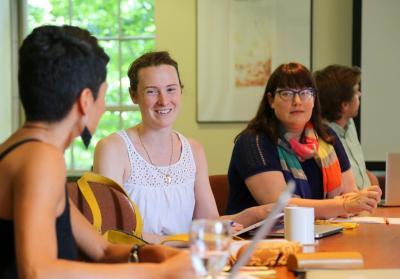
The Simpson Center offers annual summer fellowships for faculty and graduate students to pursue research projects that use digital technologies in innovative and intensive ways and/or explore the historical, social, aesthetic, and cross-cultural implications of digital cultures. The program has three primary goals:
- To animate knowledge—using rich media, dynamic databases, and visualization tools
- To circulate knowledge—among diverse publics
- To understand digital culture—historically, theoretically, aesthetically, and generatively
The Simpson Center gratefully acknowledges the support of a National Endowment for the Humanities Challenge Grant and the Andrew W. Mellon Foundation as well as many donors to the endowment which is underwriting these fellowships.
2025 - 2026 Digital Humanities Summer Fellows

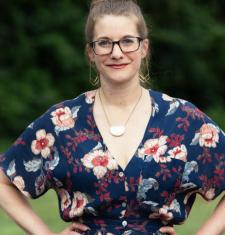
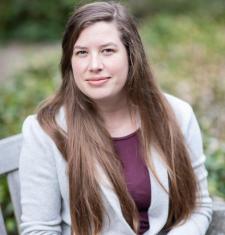
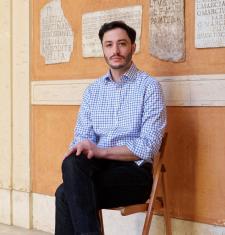
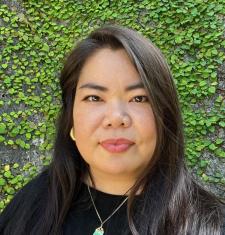
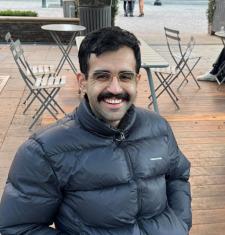

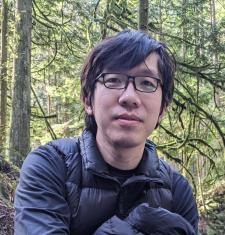
2015 - 2016 Digital Humanities Summer Fellow
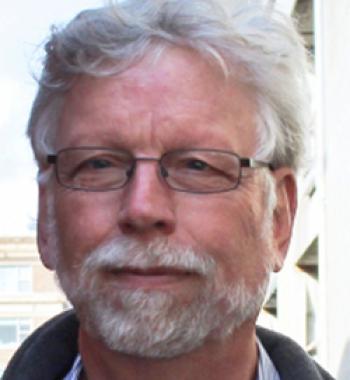
James Gregory (he/him/his)
Mapping American Social Movements Through the Twentieth Century
The Mapping American Social Movements Through the Twentieth Century project will produce a digital archive of visualizations and data sets about dozens of social movements that have flourished since 1900. The strategy of interactive mapping will reveal in new ways the complicated political geography of American radicalism and invite new understandings of how social movements have interacted, reconstituted themselves, and influenced political and cultural life. The digital project will also be the basis for a set of articles and a born-digital short book on the political geography of American radicalism.